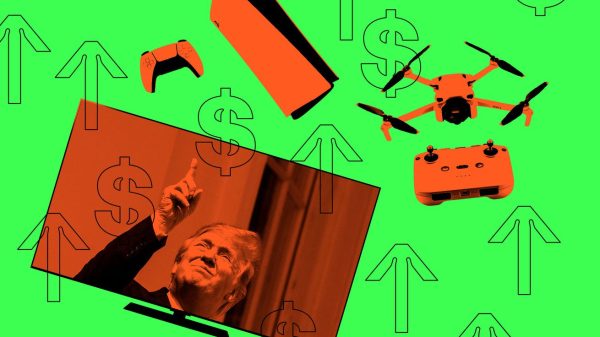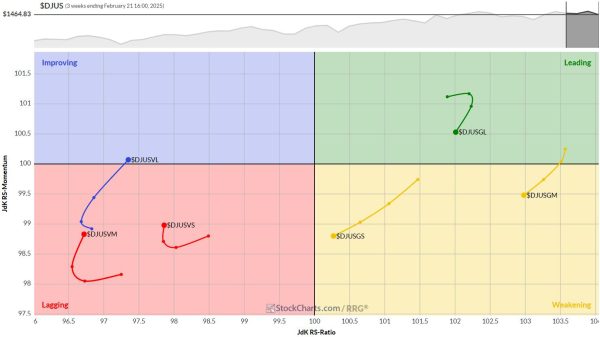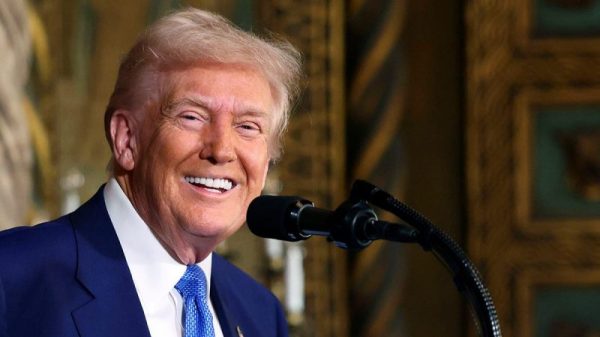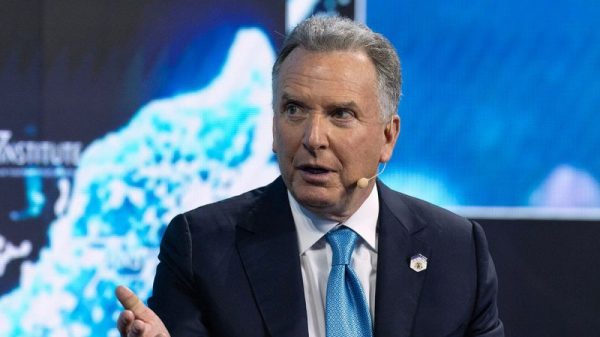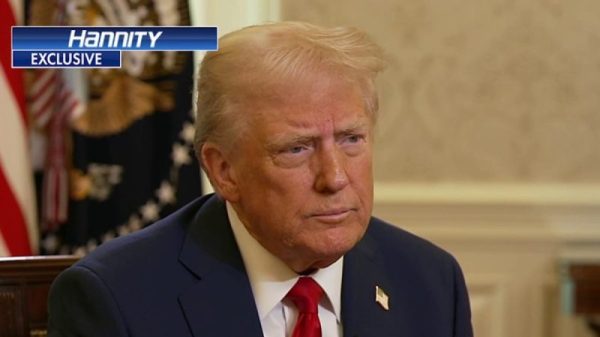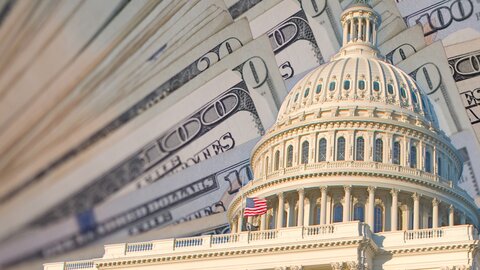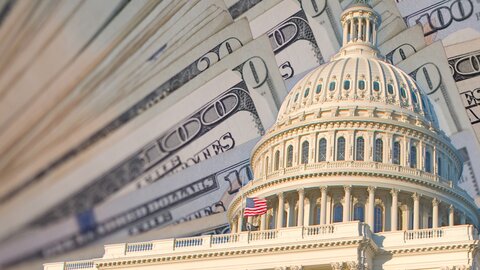Alex Nowrasteh and Ryan Bourne

Shortly after winning the 2024 election, President-elect Donald Trump announced the creation of a parastatal Department of Government Efficiency (DOGE) headed by Elon Musk and Vivek Ramaswamy. The goal of DOGE is to “pave the way … to dismantle Government Bureaucracy, slash excess regulations, cut wasteful expenditures, and restructure Federal Agencies.” Those goals don’t just require tinkering around the edges or rooting out waste but shrinking the size and scope of the federal government.
Today, we released the “Cato Institute Report to the Department of Government Efficiency (DOGE): How to Downsize and Reform the Federal Government” to provide specific policy reform ideas to DOGE and, ultimately, Congress and the incoming administration.
The report covers 23 policy issue areas organized into three chapters focusing on bureaucracy and the administrative state, regulation, spending cuts, and tax reforms. Each chapter contains reform ideas with links to Cato’s longstanding research, incorporating recommendations for executive orders, regulatory changes, and spending cuts. Where possible, the chapters highlight budgetary savings from any spending cuts identified. We estimate that our initial annual proposed spending cuts are worth approximately $2 trillion.
Chapter 1 describes cuts and reforms to the Bureaucracy and the Administrative State, such as eliminating DEI programs, affirmative action, and collection of race data; ending government interference with online speech; privatizing or transferring to the states federally owned businesses and assets; and enacting wage, benefit, and headcount reductions for federal employees.
Chapter 2 details cuts to Regulation that would reduce costly overreach and boost economic performance. Those supply-side reforms should focus on energy production, environmental rules, the financial sector, health care, childcare, and the Jones Act and similar laws.
Chapter 3 proposes numerous Spending Cuts and Tax Reforms, such as ending aid to states and subsidies for politically favored sectors of the economy, sharply reducing federal involvement in education, streamlining national security spending, reining in emergency spending, and reforming entitlements.

The DOGE has an important and difficult mission, regardless of its eventual legal form. While some meaningful change can be achieved via executive actions and rulemaking powers, many other worthwhile reforms require Congress to change legislation.
DOGE should nevertheless encourage that action and recognize that eradicating waste, fraud, and regulatory duplication is not enough: A truly efficient government requires paring back the size and scope of the federal government. Cato’s report offers the most comprehensive guide to start that downsizing today.


